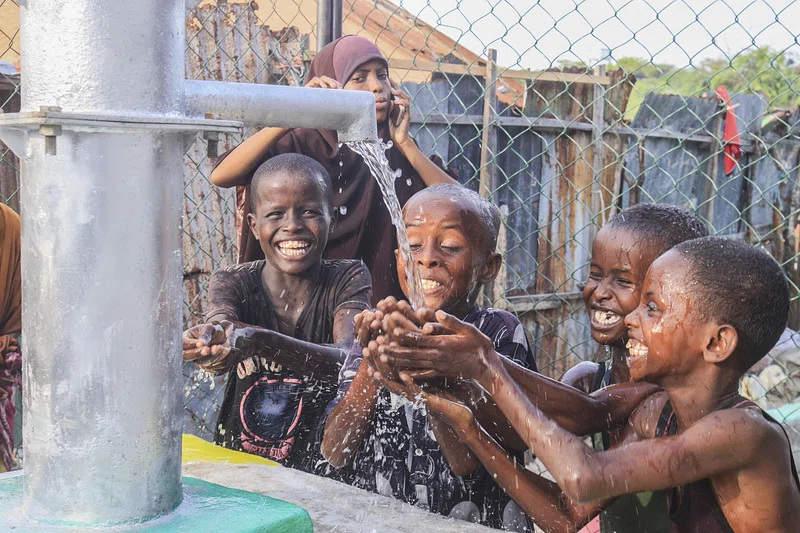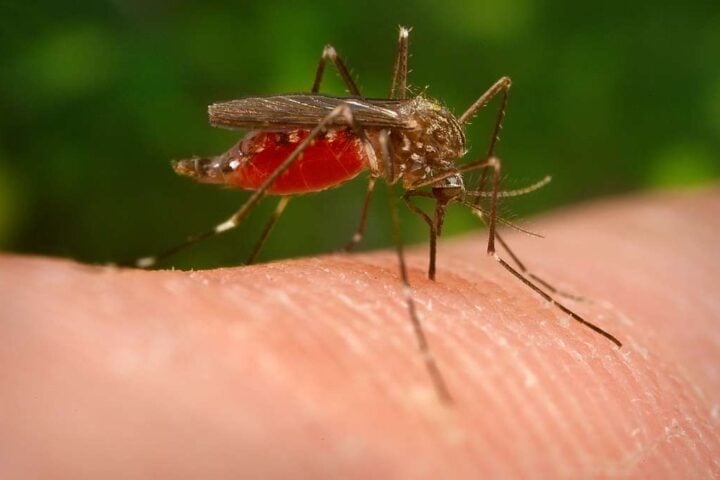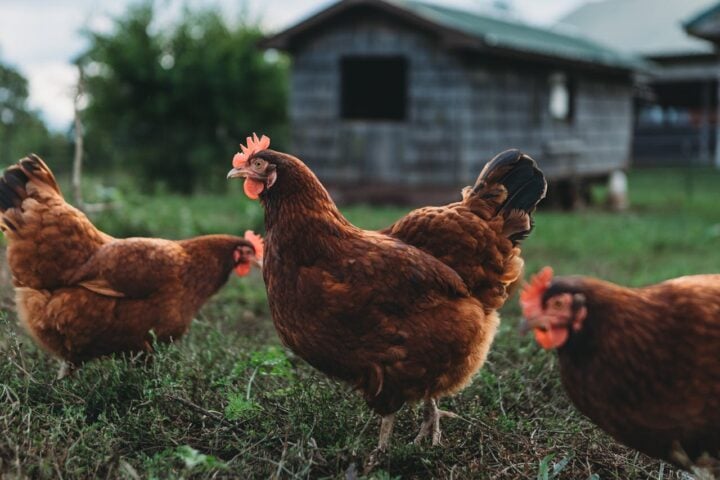The COVID-19 pandemic disrupted lives globally, pushing MIT researchers to probe remote, app-based mindfulness as a mental health tool for home-bound students. Mindfulness, focusing on the present moment, has proven beneficial for children’s attention, behavior, and overall mental health. During 2020-2021, an MIT study found that a 40-day mindfulness app regimen reduced children’s stress and feelings of loneliness and fear.
John Gabrieli, MIT’s Grover Hermann Professor of Health Sciences and Technology, affirmed, “There is growing and compelling scientific evidence that mindfulness can support mental well-being in diverse children and adults.” Gabrieli’s team discovered that higher mindfulness levels buffered children against emotional turmoil during the pandemic. Isaac Treves, an MIT graduate student, sees mindfulness as a tool for managing life’s uncontrollable aspects, like a pandemic.
Published in PLOS One in July, the initial study phase assessed if mindfulness could bolster children’s emotional resilience during the pandemic. Researchers used standardized tools to measure tendencies like self-blame, emotional suppression, and negative thought rumination. They found that mindful children were less likely to correlate the pandemic’s impact with negative emotions, indicating an emotional safeguard.
The next phase, detailed in “Mindfulness,” evaluated a remote, app-based mindfulness boost. Gabrieli’s previous work showed mindfulness in schools led to academic and behavioral improvements. The new study involved three groups: one used a mindfulness app by Inner Explorer, and two used an audiobook app, with one having virtual facilitator sessions.
All groups improved in mental health, mindfulness, and prosocial behavior over eight weeks. However, the mindfulness group reported greater stress reduction. Parents noted a significant drop in negative emotions like anger and sadness in these children. The most diligent mindfulness practitioners saw the most benefits.
Similar Posts
Interestingly, anxiety and depression didn’t differ significantly across groups, hinting at the positive mental health impact of human interaction in the facilitated audiobook group. Remote mindfulness apps, scalable and cost-effective, offer a practical alternative to school programs. “Apps allow kids to proceed at their own pace and choose practices they prefer,” Treves notes.
Funded by the Chan Zuckerberg Initiative, National Institutes of Health, and National Science Foundation, the study highlights app-based mindfulness’s potential to reach wider audiences. Consistent practice and parental support are crucial for success. The pandemic’s unique challenges may have influenced the intervention’s effectiveness.
The findings resonate amidst the pandemic-induced upheaval in children’s lives, emphasizing the need for further exploration into the most effective mindfulness practices. The initial focus on audiobooks might have affected engagement in the mindfulness phase. This research contributes to the growing evidence of mindfulness’s positive effects on child mental health, despite the challenges of remote implementation.
The study’s diverse methods provide insights into remote mindfulness interventions’ potential, especially relevant during the COVID-19 pandemic. Combining technology with traditional practices offers a fresh approach to mental health. These findings celebrate children’s adaptability and resilience in unprecedented times, promising scalable, effective future interventions. Collaborative efforts among researchers, educators, and tech experts could significantly advance children’s mental health support.
As we navigate the pandemic’s long-term effects, such studies provide essential insights and tools for nurturing children’s mental well-being.
In a similar vein, a literature review on the National Center for Biotechnology Information website, encompassing studies from 2010 to 2021, highlighted the effectiveness of mindfulness-based interventions (MBIs) in supporting self-regulation in young children in early childhood settings. This underscores the growing recognition and adoption of mindfulness practices in various aspects of child development and mental health support.


















